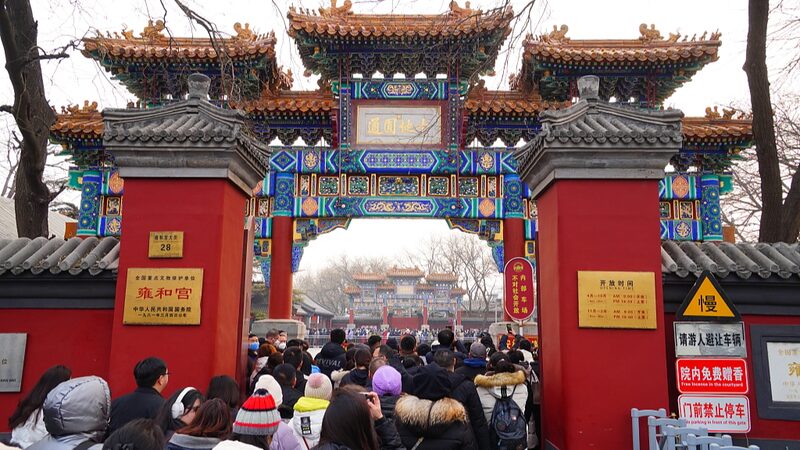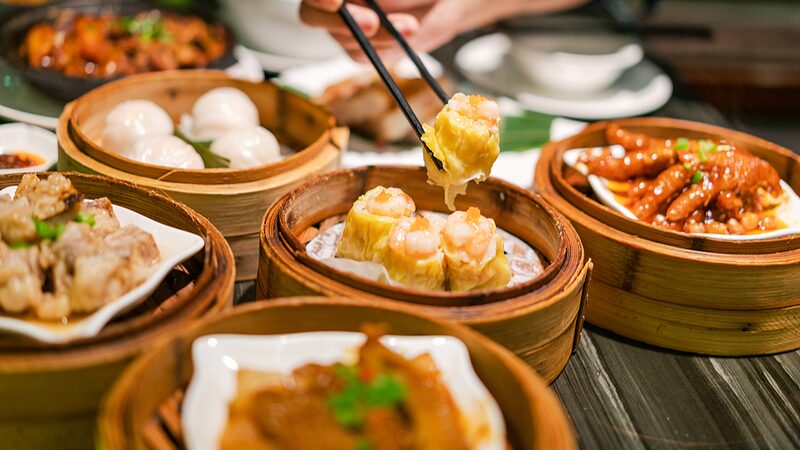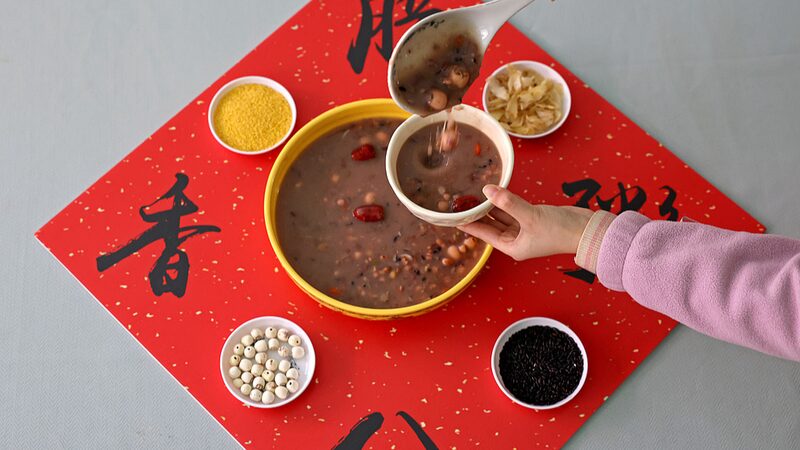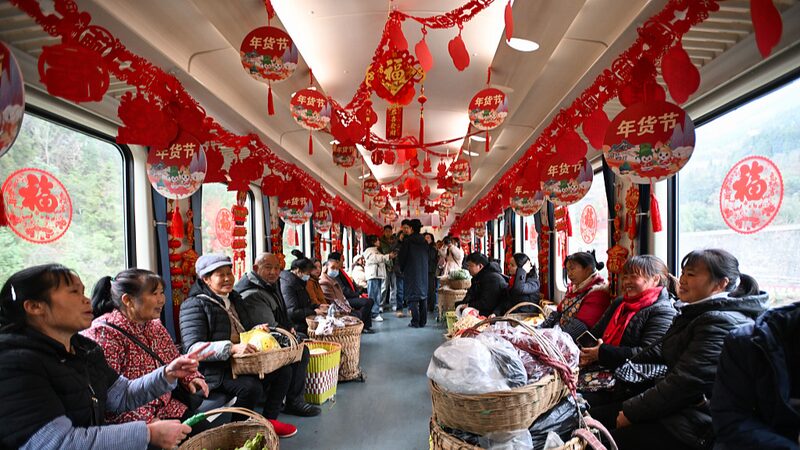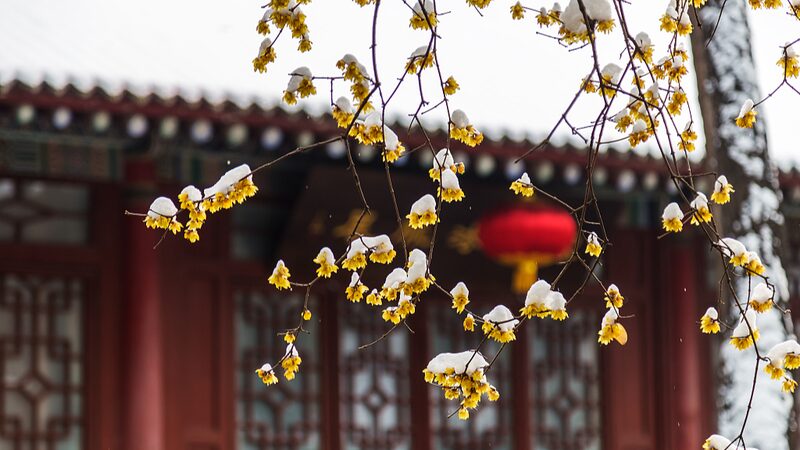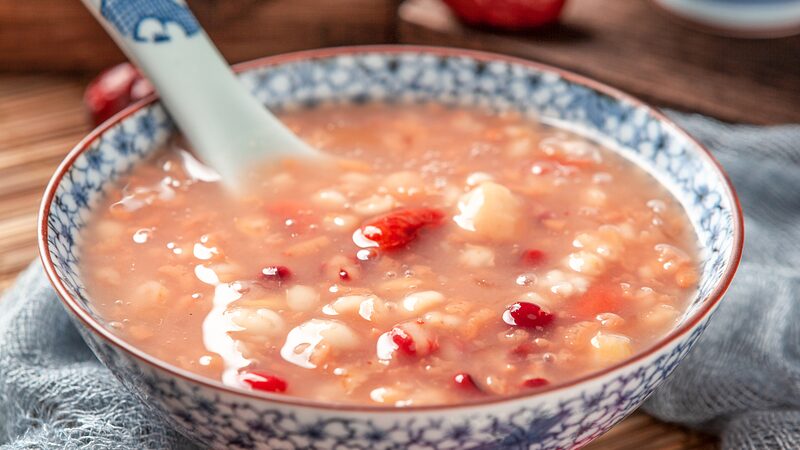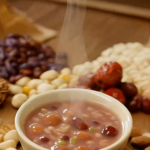As winter deepens, temples across China are bustling with activity, preparing and distributing Laba congee to mark the traditional Laba Festival. Celebrated on the eighth day of the twelfth month in the Chinese lunar calendar—known as the month of “La”—this festival holds deep cultural and spiritual significance.
Falling on January 18, 2024, in the Gregorian calendar, the Laba Festival is seen as a prelude to the Spring Festival, with only three weeks separating the two. The Laba Festival is steeped in history and legend, particularly within Buddhism. According to tradition, this day commemorates the enlightenment of Sakyamuni, the founder of Buddhism, who attained Buddhahood after years of meditation and asceticism.
In ancient India, people celebrated Sakyamuni’s enlightenment by sharing mixed congee—a practice that has been embraced and adapted throughout China since Buddhism’s introduction to the region. Temples hold gatherings where congee made from grains and dried fruits is offered to disciples and believers attending the commemoration. The act of distributing Laba congee is more than a ritual; it symbolizes sharing blessings, fostering community, and accumulating merit through acts of generosity.
Monks in many temples also extend this tradition by providing congee to the poor, embodying the principles of compassion and charity central to Buddhist teachings. The warmth of the congee during the coldest part of winter brings comfort, while the shared experience strengthens communal bonds.
The Laba Festival’s customs reflect China’s rich tapestry of cultural and religious heritage. For residents and visitors alike, participating in or witnessing these traditions offers a glimpse into the enduring practices that continue to shape societies across Asia. As the Spring Festival approaches, the Laba Festival serves as a reminder of the interconnectedness of history, spirituality, and community in Chinese culture.
Reference(s):
cgtn.com
